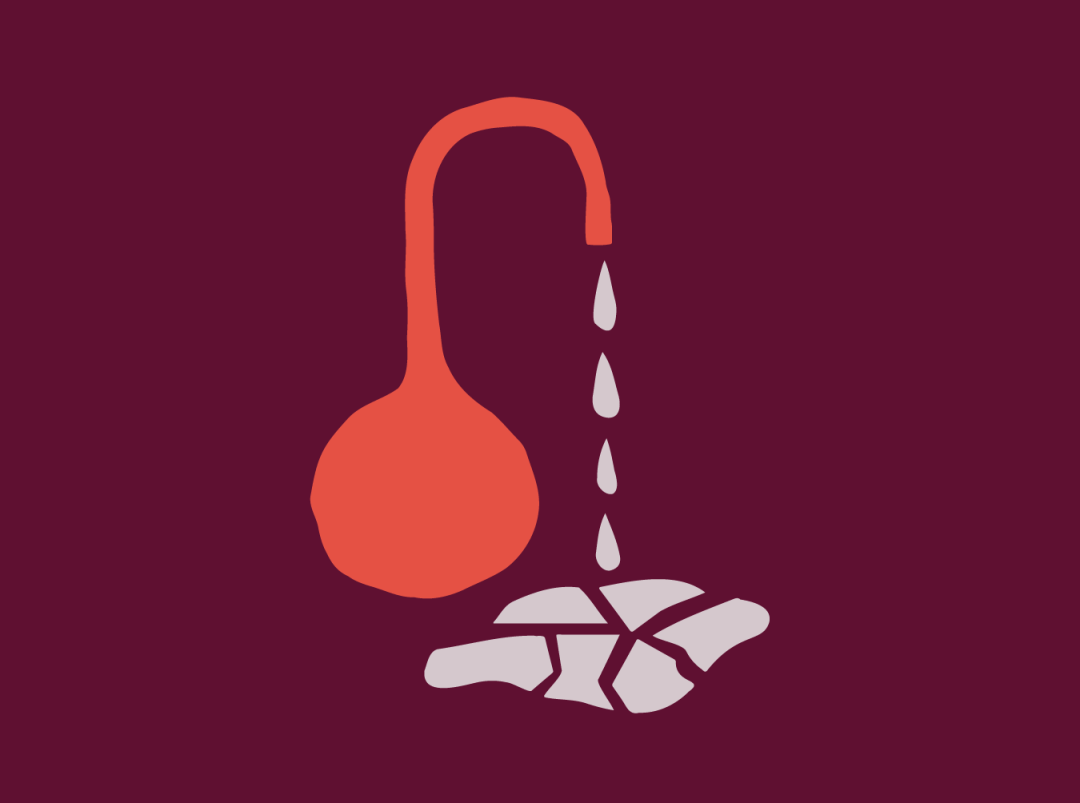#explainer
Debunking Common Menstruation Myths
health
·5 min read

by Toni Brannagan | 09/11/2019
Mankind has a comprehensive history of misunderstanding women’s bodies — especially when it comes to our periods.
While there have been some truly bonkers ideas about menstruation that have been put to rest (menstruating women can control the weather! Period blood will kill your crops! Oh, but it can also cure leprosy! Need I go on?), there is no shortage of myths that have stubbornly persisted, despite evidence to the contrary.
Down with #AlternativeFacts, y’all.
period blood is dirty blood
Let’s get this one out of the way quick. While you are ~flowing~ more than just blood, the blood that comes out of your vagina is no different (and requires no different care) than any other blood that comes out of a cut or nosebleed or wherever.
It’s easy to understand why this one persists. Since it’s primarily women who experience menstruation, and many parts of history read as one long “I don’t want women to do that” book, using periods as an excuse to tell ladies they can’t do basic things like go to school, make sushi, or have sex would be a logical step in that warped agenda.
your cycle must be 28 days
Feeling like your body is ~different~ than everyone else’s, at least for me, often turns into feeling like something is wrong. When people do discuss periods, they usually refer to the average cycle, which is 28 days, but cycles can actually vary from 21 to 35 days in adults and 21 to 45 days in young teens.
However, there are a number of reasons why your cycle could be irregular, so you should still be keeping your doctor updated. One of the best ways to #knowyourflow is by tracking your cycle, whether manually on your calendar or using an app.
Tracking your cycle will also probably save you a lot of stress, especially if yours is longer. For example, if you typically have a cycle >40 days, it can be easy to confuse the amount of time between periods for a skipped month.
women who live together “sync up”
Wait! You might be saying. You’ve experienced this — you and your sister/roommate/coworker got your periods at the same time — it can’t be a myth!
Unfortunately (because it is kinda fun to feel like you’re ~flowing~ with your sistahs, right?), this probably has a lot more to do with basic math than science. Womp womp.
If an adult’s period can last 2 to 7 days and as aforementioned, an adult’s cycle can last from 21 to 35 days… those are some pretty wide variations in range, and people are bound to bump into each other while they're surfing the crimson wave at one point.
you can’t get pregnant during your period
Considering your “fertile window” is only five days long during ovulation, you’d think it’d be easier to avoid pregnancy for people who want to do so. Knowing that, it’s typical to believe that you should be in the clear during your period, and realistically you probably are, but, like I mentioned earlier, people usually discuss cycles based on an average of 28 days.
If your cycle is shorter, ovulation can occur earlier — and don’t forget, sperm can live inside you for up to 5 days! This handy link explains it in further detail, but basically, your number of “safe days” before and after your period lessen with the length of your cycle.
your period will attract wild animals
Do you know how many people have been killed by falling coconuts? Enough that it warranted its own Wikipedia page.
In contrast, there has been no evidence to corroborate the very common idea that if you go swimming during "shark week", sharks will attack you, or bears if you go camping. This is a myth we’ve discussed in the past, and even found that bears had been tested with used tampons (eek, but effective!).
skipping your “period” using birth control pills is unsafe
Wondering why “period” is in quotes up there? Well, the bleeding that occurs in between pill packs isn’t *actually* menstruation at all.
If you’re taking your pills properly, your body won’t ovulate, and as a result, you don’t menstruate. What you can experience is withdrawal bleeding from the hormones you are used to taking. So as long as your doctor gives you the okay, it’s fine to skip the simulated period.
Can you think of any other period myths that you’ve been told? Were you surprised by anything you read just now? Share your thoughts and stories with us in the comments!
Toni Brannagan is a writer and was the former Copy and Content Manager at Thinx.
by Toni Brannagan


